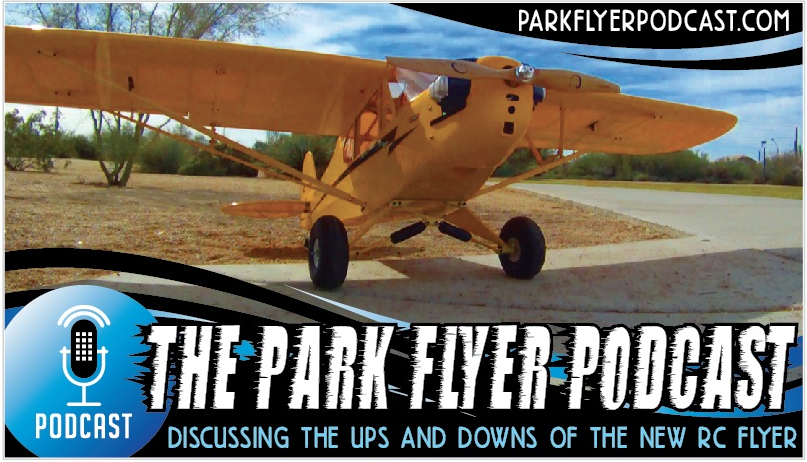Michael and Jay spend the day with Peter at his shop. Peter is an FPV pilot who has all types of goodies to show us and helps us understand what it takes to get into FPV. Peter discusses his new FPV platform and the modifications he has completed to make this the perfect set up for FPV flying.
Here is an Excerpt from the ReadyMade RC FAQ that helps explain getting started in FPV……
Q2: I want to start flying FPV. I’ve been flying RC for a while already and feel comfortable with it. What should I do?
Assuming you’re comfortable flying standard RC planes, you should be ready to take the step into FPV flying. First thing: In the US, and in most other countries, an amateur radio license is required to operate nearly all the available FPV transmitters legally. It’s easy to do. In the US, you can go to www.arrl.org for information about how to get a technician’s class amateur radio license. Now, when it comes to getting started with FPV, I suggest you start simple and work your way up. Most of the equipment is upgradeable, and many of the upgrades can be performed by adding things to your system, not replacing things, so you won’t be wasting money.
Now, pick your plane. For starting out, it’s usually best to use a stable trainer style plane like an Easy Star.
Next, pick your FPV frequency. Some countries may have restrictions regarding what frequencies are legal. I don’t know the laws for all the countries, but you should look in to this. Take a look at the FAQ section regarding frequency for additional details.
Please note that the ParkFlyer Podcast staff would like to remind everyone that Flying FPV requires following the Law. In the USA almost all FPV platforms require Licensing. Please look into the regulations for your country and plan accordingly. In the USA you can go to http://www.arrl.org/getting-your-technician-license to research licensing requirements.
LEVEL 1: Technician Class License
Exam Requirement: 35-question Technician Written Exam (Element 2).
Privileges: All VHF/UHF Amateur bands (frequencies above 30 MHz).
Limited operations in certain HF bands.
The FCC Technician License exam covers basic regulations, operating practices and electronics theory, with a focus on VHF and UHF applications. Morse code is not required for this license. With a Technician Class license, you will have all ham radio privileges above 30 MHz. These privileges include the very popular 2-meter band. Many Technician licensees enjoy using small (2 meter) hand-held radios to stay in touch with other hams in their area. Technicians may operate FM voice, digital packet (computers), television, single-sideband voice and several other interesting modes. You can even make international radio contacts via satellites, using relatively simple station equipment. Technician licensees now also have additional privileges on certain HF frequencies. Technicians may also operate on the 80, 40 and 15 meter bands using CW, and on the 10 meter band using CW, voice and digital modes.
Podcast: Play in new window | Download (Duration: 58:09 — 26.9MB)







